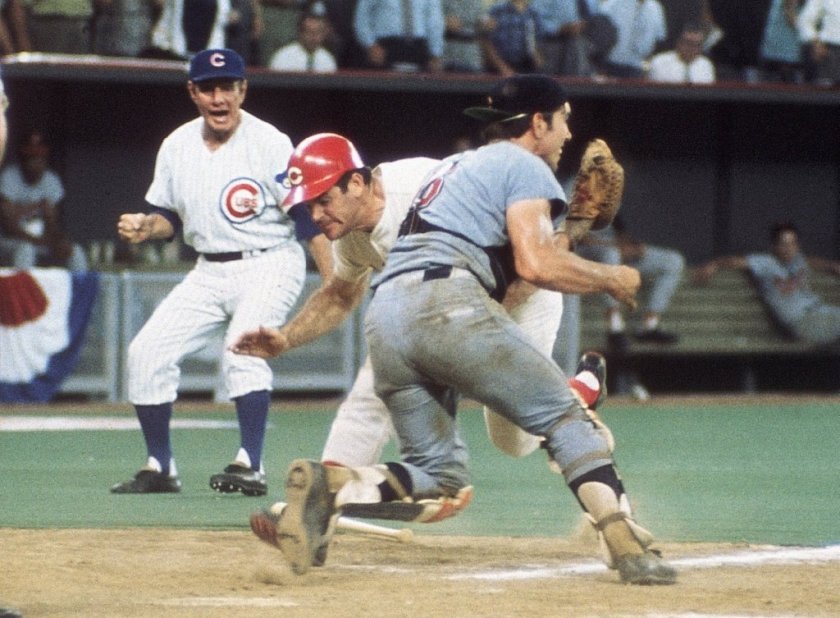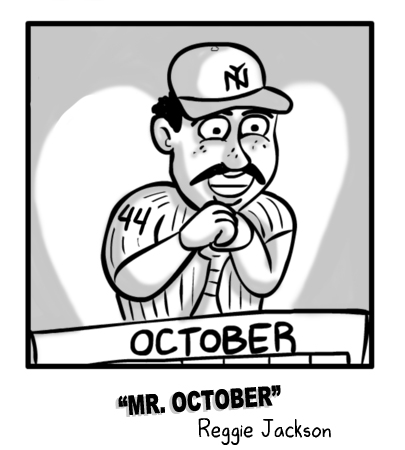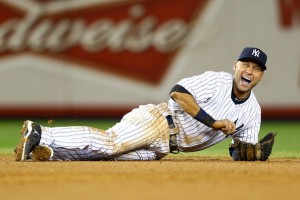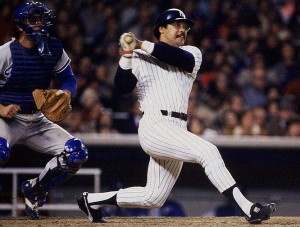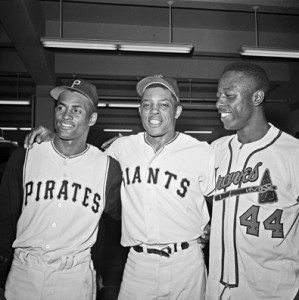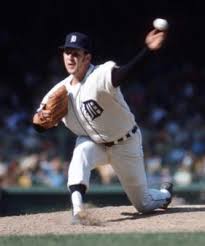45 Years Ago: The Billy Martin-New York Yankees Saga Begins 0
Regardless of whether you love or hate the New York Yankees, you couldn’t help but follow the 14-year saga of Billy Martin, George Steinbrenner and the New York Yankees. Like a car accident, you just had to slow down and see what was happening.
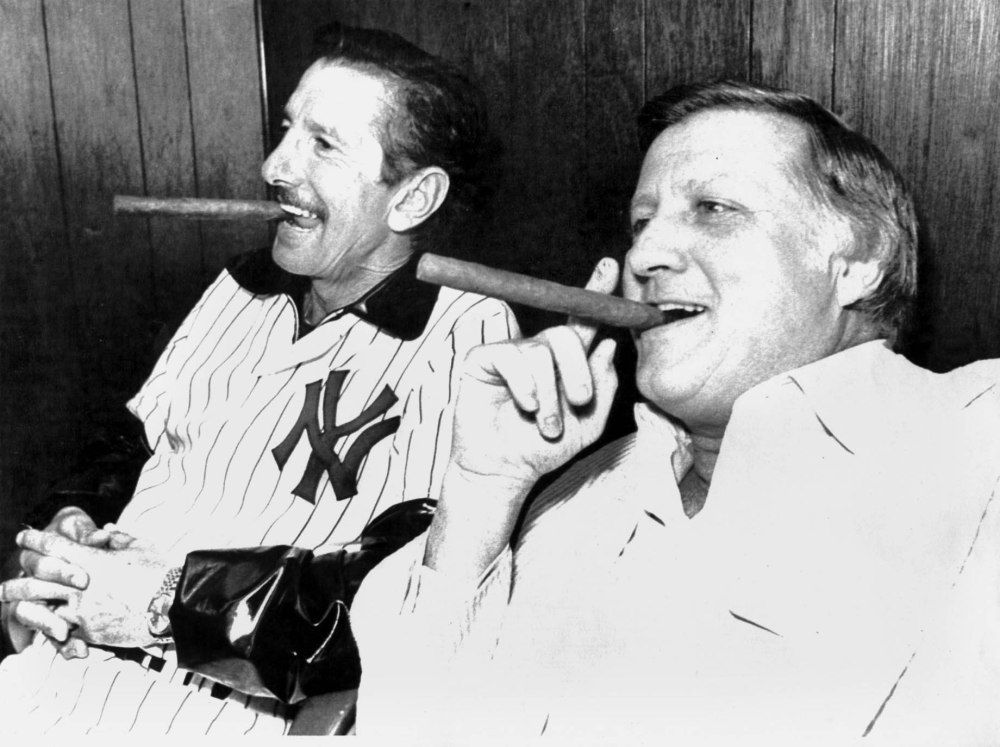
It all started 45 years ago when it was announced on August 1, 1975 that manager Bill Virdon was being replaced by the already flamboyant and controversial Billy Martin. Though owner George Steinbrenner was technically suspended by MLB at the time for making illegal campaign contributions to the campaign of President Richard Nixon in 1972, he was in reality still the top decision maker for the organization and believed that Martin would provide a fire that was lacking under Virdon.
Martin was familiar to Yankee fans from his time as part of Casey Stengel’s squad during the hey day of the 1950s. During seven seasons as an infielder with the Yankees, the scrappy Martin won four World Series rings and made one All-Star team, but was perhaps better known as a party partner for all-time great Mickey Mantle.
Many believe that it was his negative influence on Mantle that led to the Yankees trading Martin to the Kansas City Athletics during the 1957 season. He later played for the Tigers, Indians, Reds and Twins before retiring following the 1961 season.
He became a major league manager at the age of 41 in 1969 with the Minnesota Twins. He led the Twins to 97 wins and the first AL West Division title. However, the Twins lost to the Baltimore Orioles in the playoffs and a number of disagreements with management and off the field issues ultimately led to his dismissal following the season.
Read the rest of this entry →